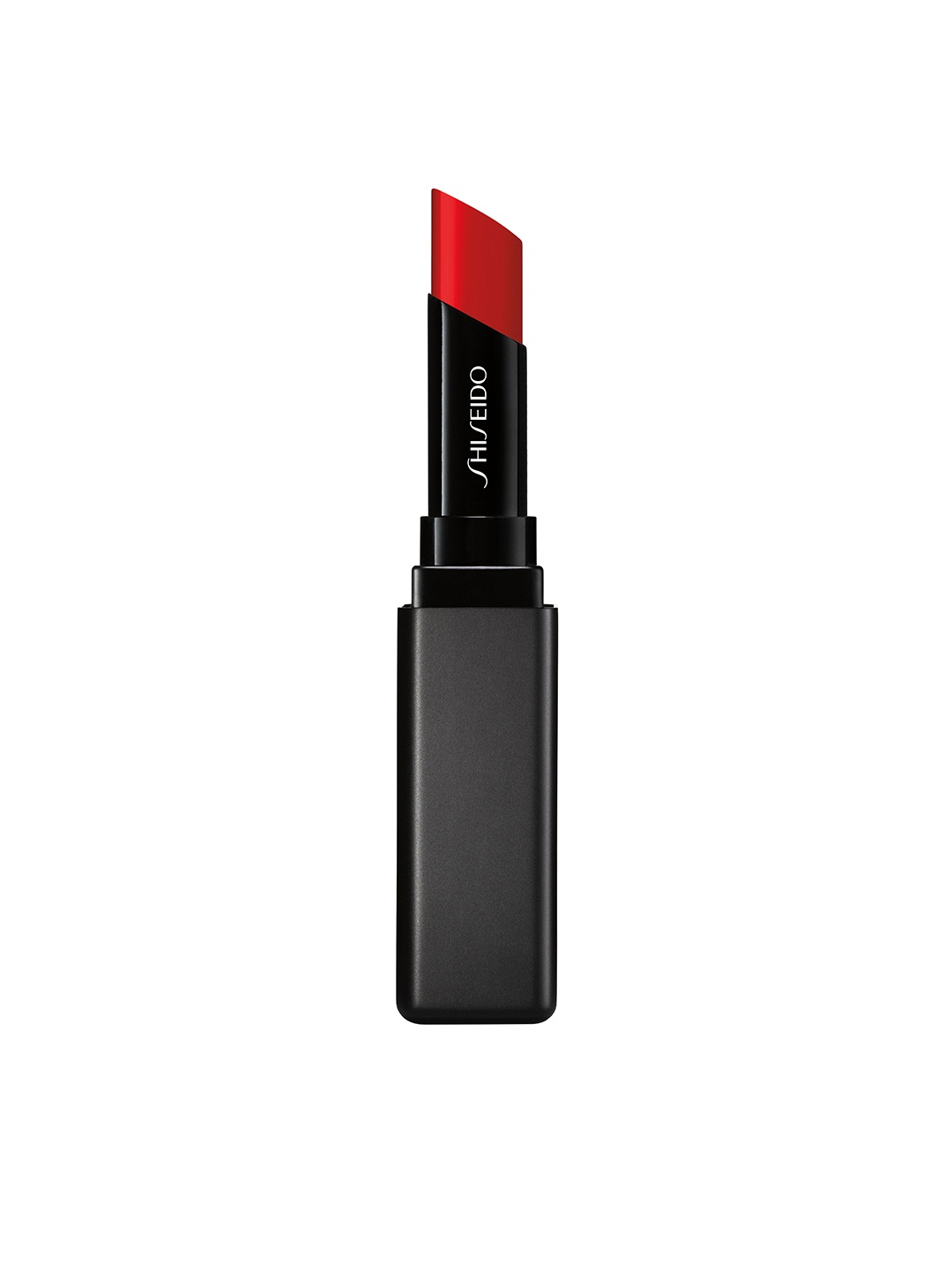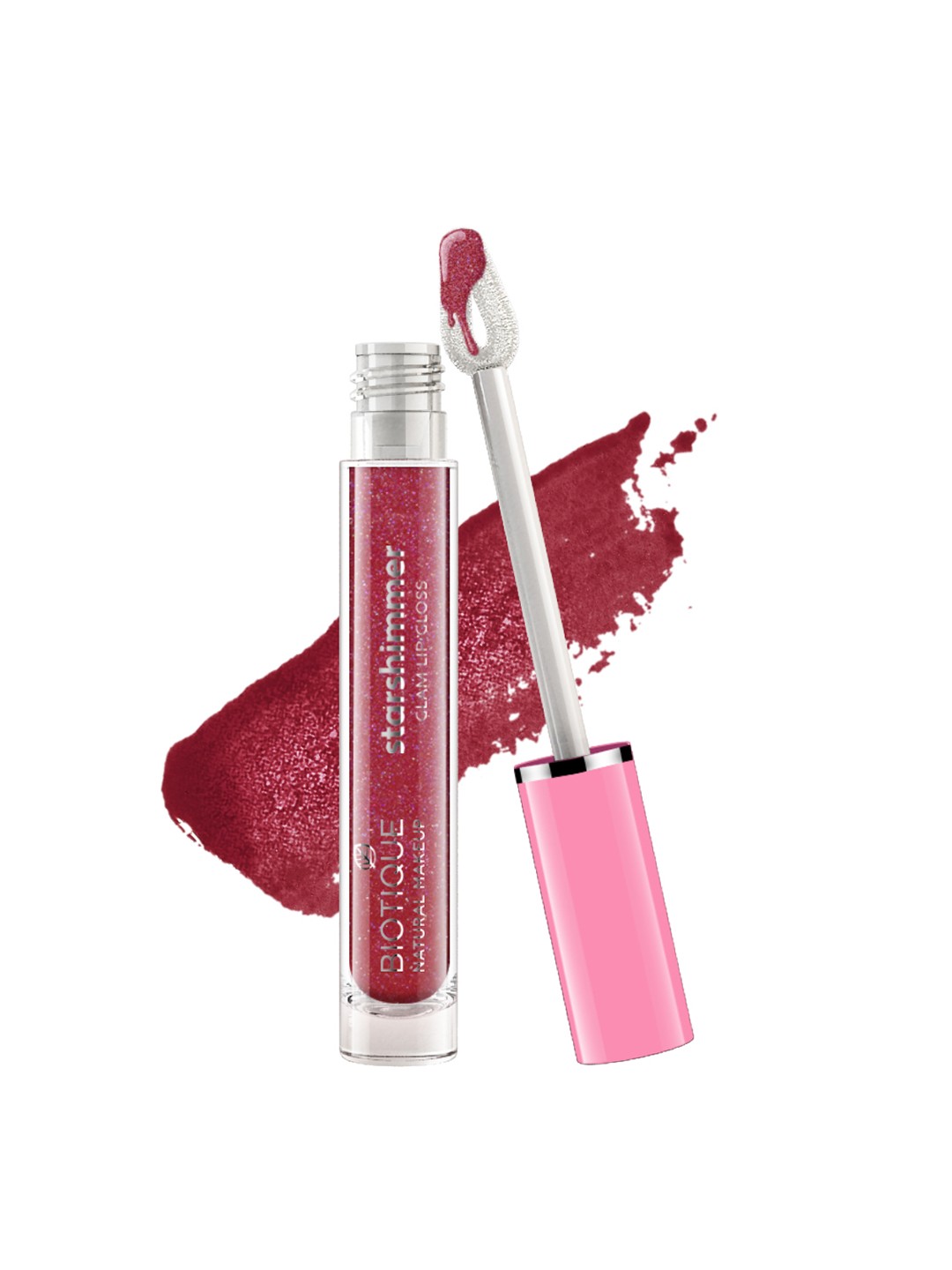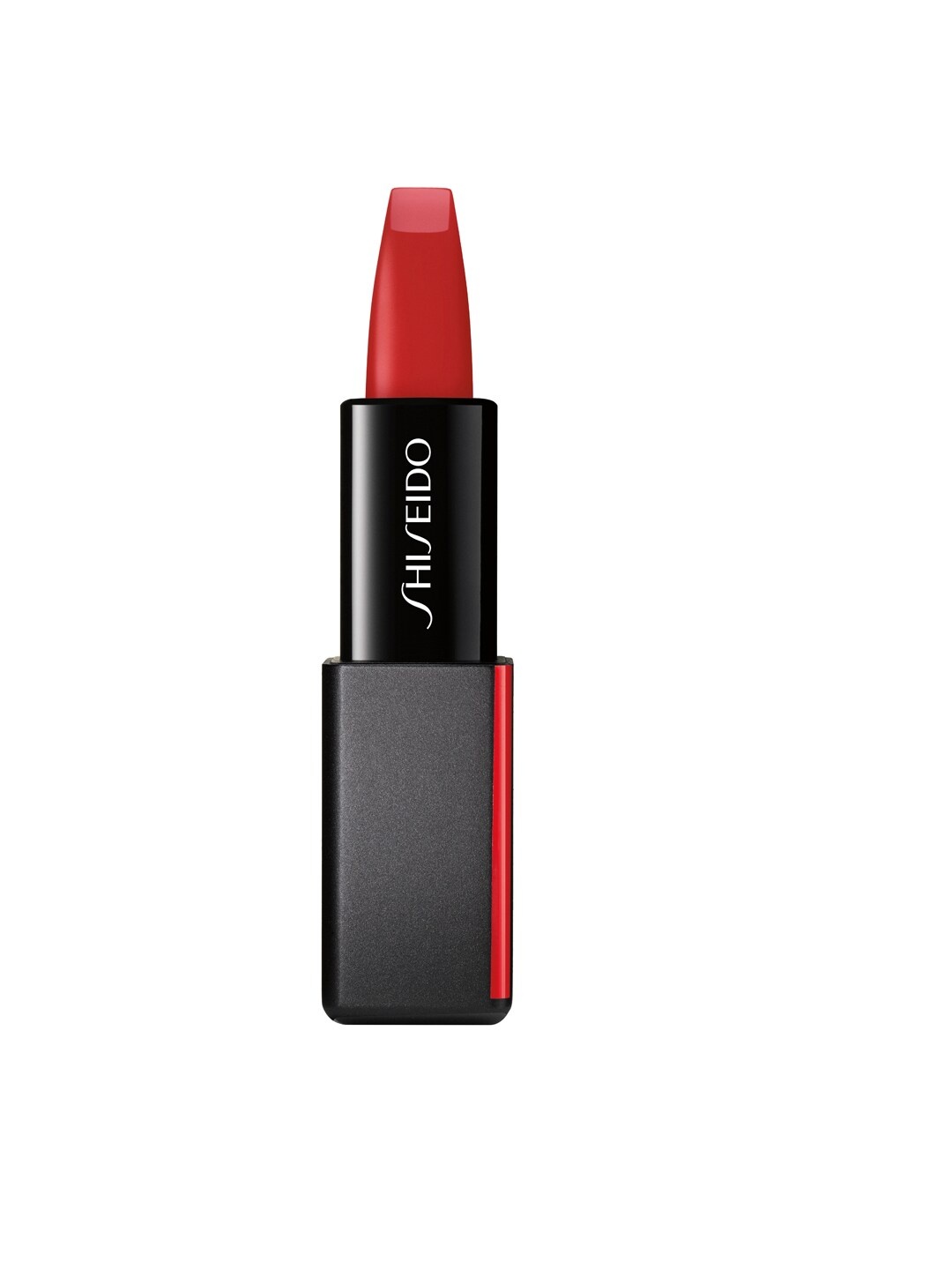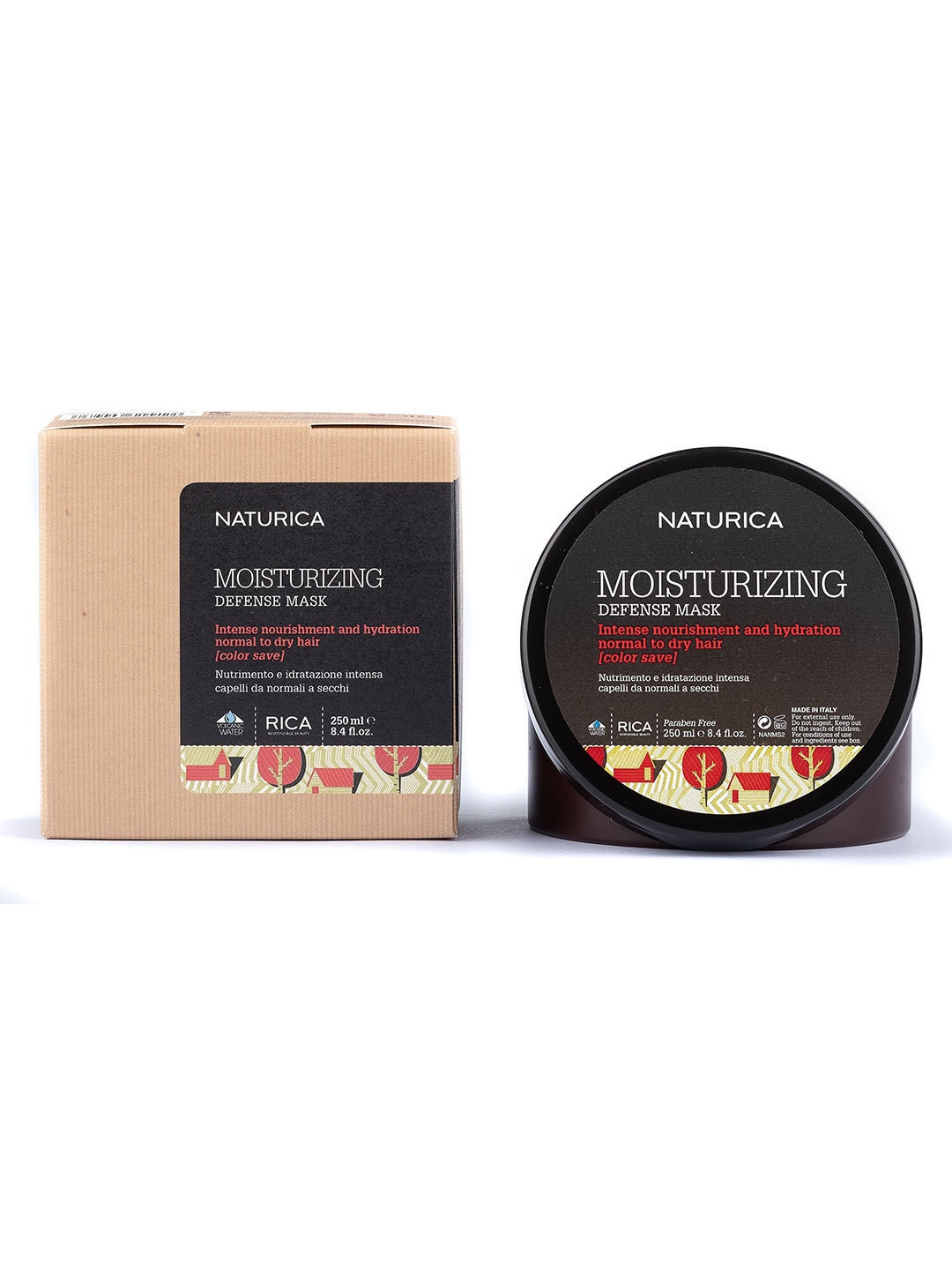Top 10 Tips to Use A Hair Straightener Without Damaging Your Hair At Home
Heat styling can give you sleek, salon-like hair at home, but it can also leave your strands dry, brittle and frizzy if not done right. This is your guide to using a hair straightener without sacrificing the health of your hair.

Top 10 Tips to Use A Hair Straightener And Check 5 From Vega To Philips
Let's be honest, there's something satisfying about the transformation that happens when a flat iron glides down a frizzy lock, turning it into a smooth, shiny strand. But while straighteners offer instant glamour, they also come with a silent price tag: heat damage. The good news? You don't have to pick between good hair days and healthy hair. With the right prep, tools, and habits, you can achieve those polished looks without frying your strands. Whether you're taming flyaways for a job interview, styling your mane for a shaadi, or just craving a fuss-free look, this guide will walk you through how to straighten your hair safely, especially for the Indian climate and hair types.
1. Start With Clean, Dry Hair
Straightening wet hair is one of the fastest ways to damage it. Why? Because wet strands are more fragile, and applying heat turns water into steam, which can quite literally boil the hair from the inside out. Ouch. Instead, always begin with clean hair that's completely dry. Use a sulphate-free shampoo and a nourishing conditioner, especially if your hair is already prone to frizz or breakage. After towel-drying gently, let your hair air-dry partially, then finish off with a blow-dryer on a medium heat setting. If you're in a rush, a microfibre towel or cotton T-shirt works wonders to soak up excess moisture without roughing up the cuticle.
2. Use a Heat Protectant, No Excuses
Skipping a heat protectant before straightening is like stepping into the sun without sunscreen. A good heat protectant creates a barrier between your hair and the flat iron, helping reduce moisture loss and structural damage. Look for sprays or serums that offer protection up to 230°C (most straighteners operate at this level). For Indian hair, go for formulas enriched with argan oil, keratin or grapeseed oil; these help combat the humidity and dryness combo many of us face, especially in coastal or hot cities. A few spritzes from mid-lengths to ends is all it takes to shield your strands.
3. Choose the Right Straightener for Your Hair Type
All straighteners are not made equal. The wrong tool can make things worse, even if your technique is perfect. If you have fine or damaged hair, use a ceramic flat iron with adjustable heat settings; it distributes heat evenly and is less harsh. For thick, curly, or coarse hair, tourmaline or titanium plates may offer better results as they reach higher temperatures and glide more smoothly. Consider investing in a good-quality straightener with temperature control. Yes, it might cost upwards of ₹2,000, but the long-term health of your hair is worth it.
Also Read: Top 5 Hair Straighteners From Philips, Vega To Dyson For Achieving Silky, Smooth Locks
4. Mind The Temperature Settings
Cranking the heat up to 230°C might seem like the quickest way to achieve that sleek finish, but it's also the fastest way to damage your strands, especially if you use it daily. Keep the temperature low to medium (around 150°C–180°C) for fine or chemically treated hair, and only go above 200°C if your hair is very thick and unmanageable. Always start at the lowest setting and work your way up only if needed. It may take a little longer, but the reduced damage is worth every extra second.
5. Section Your Hair Before You Begin
Trying to straighten all your hair at once can lead to uneven results and overheating. The trick? Divide and conquer. Part your hair into small, manageable sections, at least four to six, depending on thickness. Use clips or scrunchies (not tight rubber bands) to separate them. Working in sections allows the straightener to glide more evenly through your hair, meaning fewer passes and less heat exposure. Plus, it ensures every strand gets the attention it deserves, from root to tip.
6. Avoid Repeated Passes Over the Same Strand
When one section doesn't straighten immediately, it's tempting to go over it multiple times. Resist that urge. Running the flat iron over the same strand again and again cooks the hair, much like flipping a roti too often on a hot tawa. Instead, go slowly and steadily with each pass, maintaining even pressure. If your hair doesn't straighten in two passes, it's likely your heat setting is too low, or your section is too thick. Adjust accordingly and avoid the temptation to keep redoing the same spot.
7. Always Straighten From Root to Tip, But Don't Clamp the Scalp
Glide the straightener smoothly from root to tip in one fluid motion. But a common mistake is starting too close to the roots. Not only can it cause burns to your scalp, but it also results in an unnaturally flat look with zero volume. Leave a small gap, about half an inch, from the scalp to allow for a more natural fall. Use a comb to guide the section as you straighten; this “chase method” gives a sleeker finish and reduces frizz, especially useful in Indian monsoon humidity.
8. Finish With a Nourishing Serum
Once you've achieved your desired look, seal the deal with a lightweight hair serum or oil. Choose something non-greasy like Moroccan oil, almond oil, or a silicone-based serum to tame flyaways and add that healthy sheen. A pea-sized amount is plenty; just warm it between your palms and apply it to the lengths and ends. Avoid the scalp unless you want the freshly-straightened look to fall flat by noon. This finishing touch not only adds shine but also locks in moisture and guards against pollution and humidity.
9. Don't Straighten Every Day
Your hair needs time to recover. Daily heat styling breaks down the protein structure and dries out your hair shaft. If you need a polished look daily, consider blow-drying on cool settings or embracing overnight heatless styles. You can also use a straightening brush for quick touch-ups instead of reheating sections every morning. Wrapping your hair in a satin scarf at night, or sleeping on a satin pillowcase, helps retain your straight style for longer without creases or frizz, yes, your nani was right about this one.
10. Deep Condition Regularly and Trim Often
Even with the best precautions, heat-styling will take a toll eventually. Regular TLC is key. Incorporate a deep conditioning mask into your weekly routine, opt for masks with shea butter, coconut milk, or protein complexes that suit Indian hair textures. Also, trim your hair every 6–8 weeks to avoid split ends from traveling up the shaft. Hydrated, freshly trimmed hair responds better to styling and looks sleeker naturally. Think of it as maintenance, like oiling your scooter or servicing your AC. Your hair deserves that same care.
Products Related To This Article
1. Vega Salon Smooth Hair Straightener for Women with Ceramic Coated Plates
2. Ikonic Black Beauty Hair Straightener For Women
3. Havells HS4101 Ceramic Plates Fast Heat up Hair Straightener
4. Philips BHS738/00 Kerashine Titanium Wide Plate Straightener with SilkProtect Technology
5. Morphy Richards Keraflow HS3511 Digital Hair Straightener
Straight hair doesn't have to mean sacrificing hair health. With the right habits, tools, and a little patience, you can enjoy silky, smooth strands without frying them into straw. Remember, your hair isn't just a style statement; it's a living part of you that needs respect, protection, and a bit of pampering. Whether you're prepping for a big day or just like a sleek look for your everyday routine, these tips will help you straighten smart, because good hair days shouldn't come with regret. Shop Now On Amazon
Disclaimer: The images used in this article are for illustration purposes only. They may not be an exact representation of the products, categories, and brands listed in this article.




























